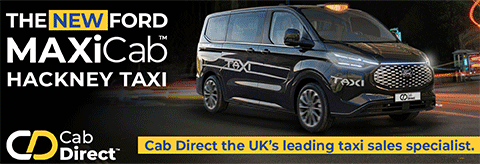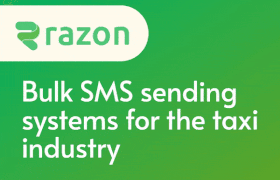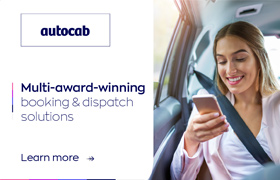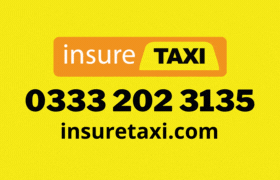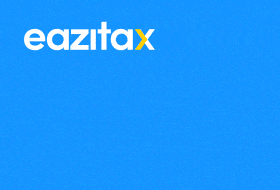WOLVERHAMPTON COUNCIL FIRST TO USE CONTACTLESS TECHNOLOGY FOR TAXI/PH DRIVER LICENCE CHECKS
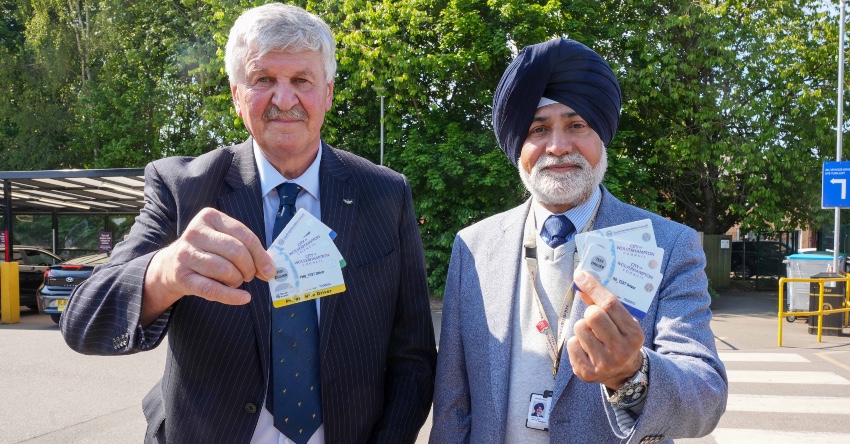
City of Wolverhampton Council is providing increased security for taxi and private hire passengers by becoming the first authority to offer driver licence checks by smartphone.
Contactless technology has been introduced into driver’s ID cards, meaning passengers can view a digital version of their driver’s private hire or taxi driver licence simply by tapping the card with a Near Field Communication (NFC) enabled smartphone.
This will provide reassurance about the driver’s identity and confirm to passengers whether their private hire or taxi licence is current and valid.
Details of all taxi and private hire driver licences are held on the council’s driver database. The database is checked and revised every day, meaning information sent to the passenger will be accurate and up to date.
Existing identity cards, used by taxi and private hire drivers across the country, are susceptible to being copied and used fraudulently which can pose a risk to passengers.
But the new contactless ID cards, which will be used by the council’s licensed private hire and hackney drivers, contain a range of security features which make them extremely difficult to fake.
These features include a hologram, optically variable inks and guilloche patterns, similar to those seen on banknotes and passports, as well as a number of other forensic features.
Most importantly, the technology they contain will enable passengers, police and other councils to verify the identity of the driver as well as their licence status.
Many modern smartphones support NFC technology. It is most commonly used in contactless payments, to make secure transactions, exchange digital content, and to connect electronic devices. But this is believed to be the first time the contactless technology is being used to digitally verify a driver’s licence status.
The new contactless ID cards have already been issued to around 15,000 drivers licensed by the council and have been tapped more than 40,000 times. Those renewing their licences over the next three years will receive their new ID cards in the post.
Passengers are encouraged to tap their driver’s ID card, positioned in the front windscreen on the passenger’s side of the vehicle. The card can be tapped through the glass, before customers get in.
Instant results will be available on the passenger’s smartphone. If the licence status shows as invalid, they are advised not to get in the vehicle and report the driver to the council.
If passengers are unable to use the NFC function, they can check the driver against the council’s online registers at wolverhampton.gov.uk/DriverRegister
The cards have been developed in partnership with UK-based firm Euclid, which specialises in contactless cards and ID cards. The company works with governments around the world on national identity and passport schemes.
Councillor Bhupinder Gakhal, cabinet member for resident services at City of Wolverhampton Council, said: “Once again, Wolverhampton is leading the way by using cutting edge technology in taxi and private hire licensing.
“We have worked with our supplier, Euclid, to create cards that use ingenious technology to improve the public’s trust in their drivers. This technology makes checking your driver’s licence and identity far simpler than calling the council and the security features in the card also make it much harder for potential fraudsters.
“Not only do the new cards offer extra reassurance, they are also more environmentally-friendly and prevent the need for tens of thousands of plastic licences to be printed every year.”
Read another story
- BASINGSTOKE EXPLORES CCTV IN TAXIS AMID SAFETY CONCERNS
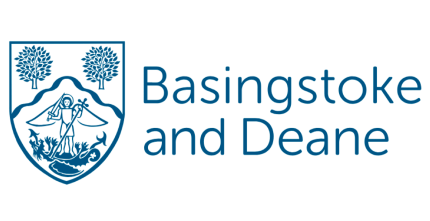
The decision comes after mounting concerns within the taxi community regarding abuse directed at drivers, alongside demands from passengers for increased reassurance during their journeys.

- SWANSEA CONSIDERS MANDATING CARD MACHINES FOR TAXIS AMID CASHLESS SHIFT
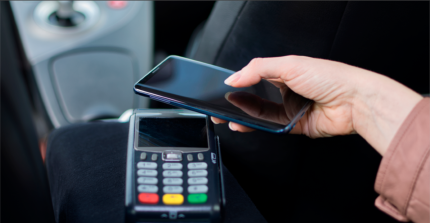
The initiative comes in response to growing public concerns that passengers are being left stranded if they don't have physical money, expecting to pay with modern options such as contactless cards or smartphone apps.

- HUNTINGDONSHIRE CABS UNDER SCRUTINY DRIVERS LOSE LICENCES AMID COMPLAINTS AND DEFECTS
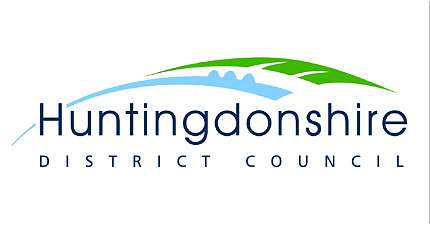
Three taxi drivers in Huntingdonshire have had their licences revoked in recent months, with more than 20 vehicle licences also suspended.

- LONDON'S GREEN CAB DREAM HITS A SNAG AS MANY DRIVERS SHUN EV CHARGING TO RUN ON PETROL
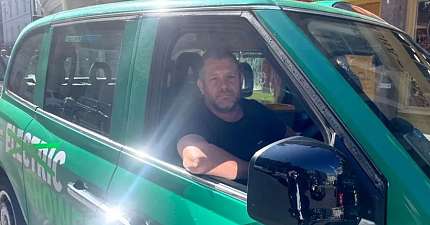
A significant number of drivers are finding the economic and logistical realities of public charging untenable.

- GENEROUS LANCASTER CABBIE OFFERS FREE RIDES ON FINAL DAY BEFORE RETIREMENT
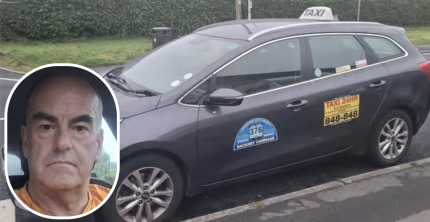
Anthony Wilson, who has served the community for over two decades with 848848 taxis, hung up his keys for the last time on Friday, May 30.

- CHICHESTER TAXI DRIVERS FACE ANOTHER FEE HIKE AS COUNCIL SEEKS TO BALANCE BOOKS
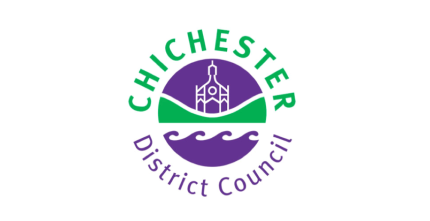
he move comes after a forecasted shortfall of £23,700 in the council's hackney carriage and private hire vehicle licensing budget.

- ALLEGED MID WALES FARE DODGER SKIPS COURT APPEARANCE

A man accused of failing to pay a nearly £100 taxi fare for a journey across Mid Wales did not appear in court on Tuesday 3 June, prompting magistrates to issue an arrest warrant.

- EAST DEVON TAXI FARE OVERHAUL HITS THE BRAKES AMIDST DRIVER APATHY

Plans to introduce a more precise method for calculating maximum taxi fares in East Devon have been stalled due to a dismal response rate from local hackney carriage drivers.

- SHEFFIELD TAXI DRIVERS HAIL VICTORY AS EMR DROPS PERMIT CUTS AMID GRIDLOCK ROW
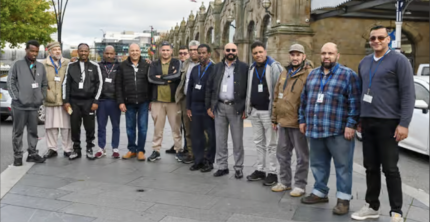
The decision marks a victory for cabbies who had been vocal in their opposition, even resorting to a payment strike last year.

- WARRINGTON MUMS BUS LANE NIGHTMARE CABBIE REGISTERS VEHICLE AT HER ADDRESS RACKING UP £770 IN FINES
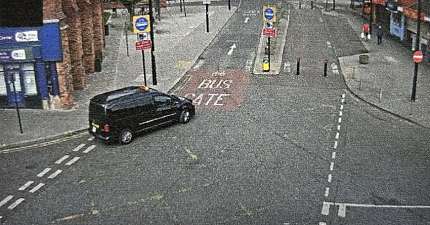
Anna Brunskill, 49, received 11 penalty notices, nine of which arrived on the same day, despite having no connection to the vehicle or its driver.

- POLICE URGE WREXHAM PUBLIC TO USE LICENSED TAXIS AFTER "UNAUTHORISED" VEHICLE REPORT

North Wales Police have issued a stark warning to the public in Wrexham, advising them to exercise caution when choosing taxis after a report of an "unauthorised taxi" operating in the city.

- MANCHESTER'S MANTAX BLACK CABS REBRAND AS COMCAB MANCHESTER JOINING NATIONAL NETWORK
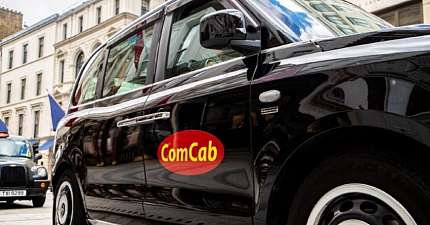
The largest hackney carriage fleet in Manchester, will continue to provide a safe and reliable service across the city, provided by drivers with unrivalled regional knowledge.

- FREENOW APP LAUNCHES IN COVENTRY A QUICK AND EASY WAY TO BOOK A TAXI
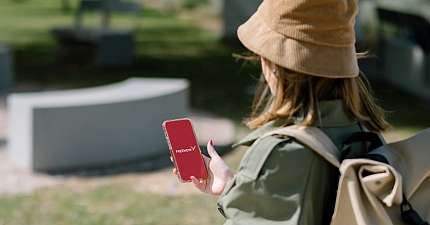
In partnership with Lewis Taxis, a trusted local company serving the area for 50 years, FREENOW is now offering a quick and easy way for locals and visitors to book taxis in the city.

- GRANGEMOUTH'S KERSE CABS HONOURED WITH JIMMY AWARD FOR COMMUNITY SPIRIT
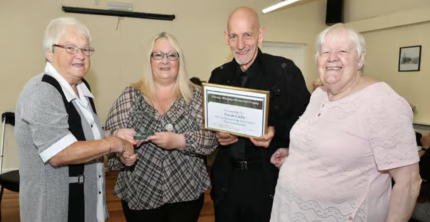
Kerse Cabs earned the accolade for consistently going "the extra mile" for local residents.

- DENBIGHSHIRE COUNCIL FACES LEGAL RISK AFTER RELAXING TAXI AGE RULES FOR WAVS
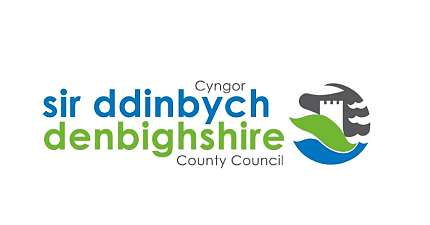
The decision, made at a committee meeting on June 3, followed a consultation with around 300 hackney carriage drivers and private hire vehicle licence holders.

- PETERBOROUGH COUNCILLOR PUSHES FOR MANDATORY UK WIDE TAXI CCTV AMID SAFETY DEBATE
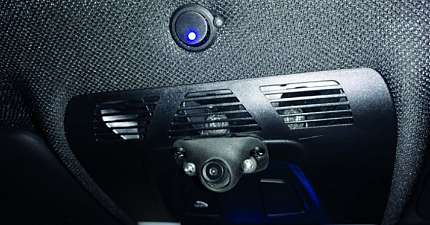
Cllr Daisy Blakemore-Creedon, 19, believes such a measure would boost public confidence, particularly for those travelling late at night.

- TAXI BOSS SLAMS MISGUIDED BLAME IN GLASGOW NIGHTLIFE DECLINE ROW

Glasgow's premier taxi operator has strongly refuted claims that a lack of available cabs is crippling the city's night-time economy, instead pointing to wider issues and behavioural shifts as the real culprits.

- INVESTIGATION INTO UNPAID SWINDON TAXI FARE CONTINUES
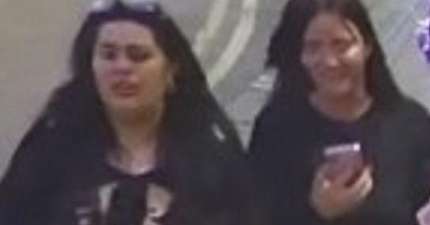
Police have released an image of two women they would like to speak to regarding an ongoing investigation.

- TRAFFORD CENTRE STING MEANS UNINSURED PH DRIVER TO PAY OVER £1,200 FOR ILLEGAL PLYING

Anees Arif, 52, of Lees, Oldham, pleaded guilty to multiple offences, including illegally waiting in a hackney carriage rank and accepting an uninsured fare.

- 120 BURY DRIVERS FACE IMMEDIATE SUSPENSION OVER UNCHECKED CRIMINAL RECORDS
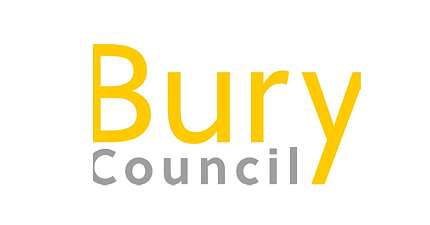
This drastic measure comes after numerous attempts by the local authority to get drivers to agree to register for the Disclosure and Barring Service (DBS) update service.


